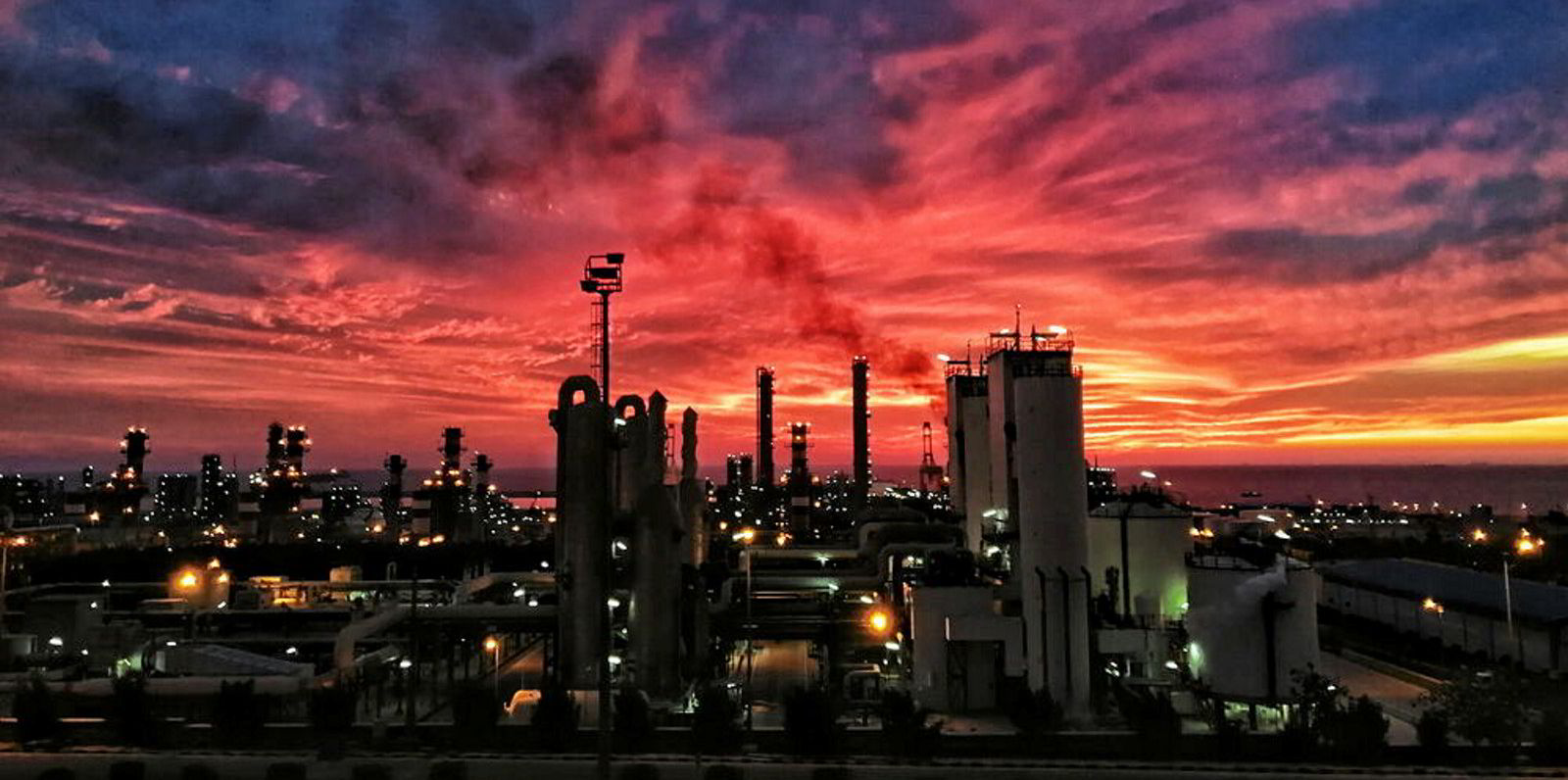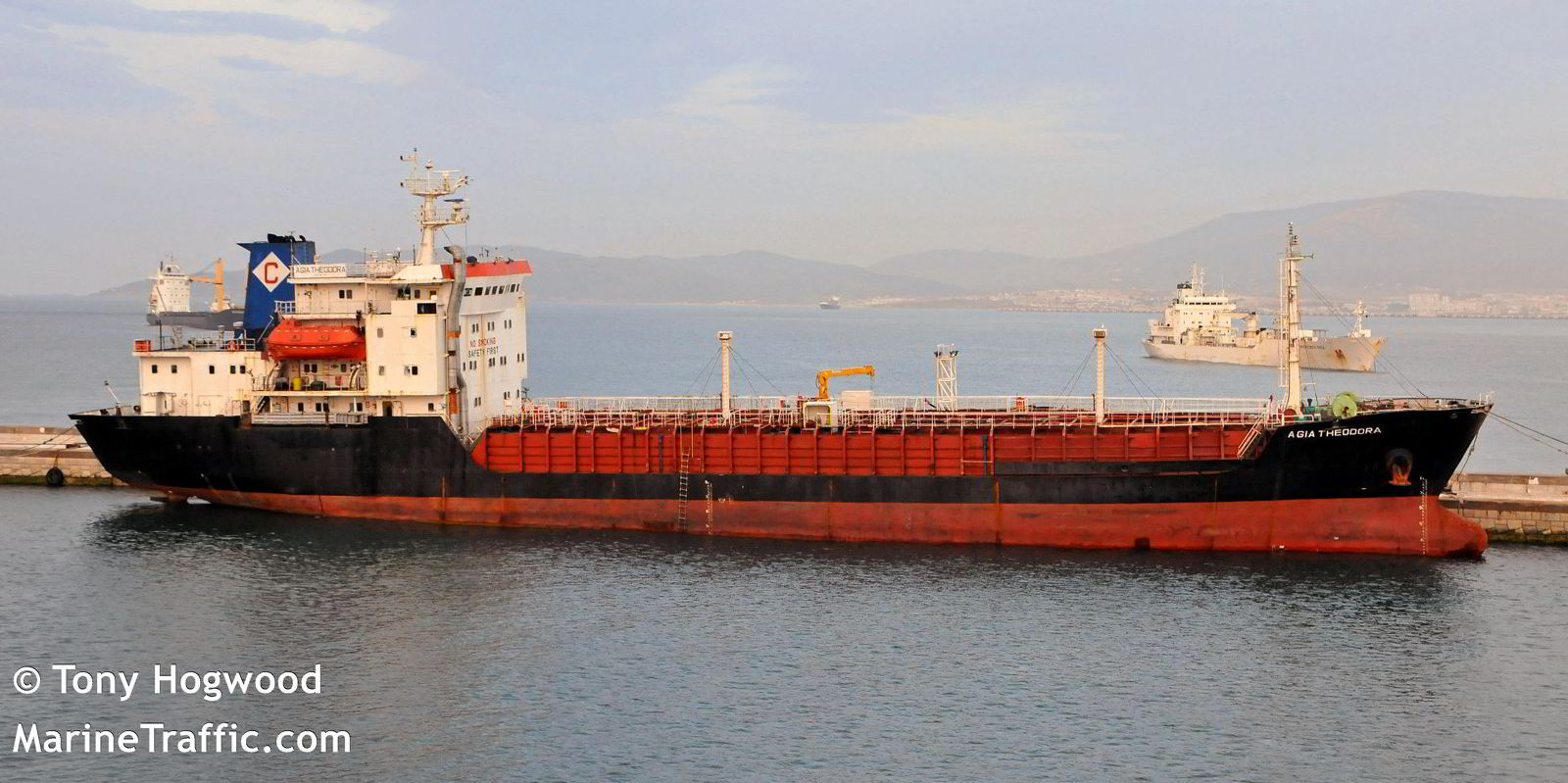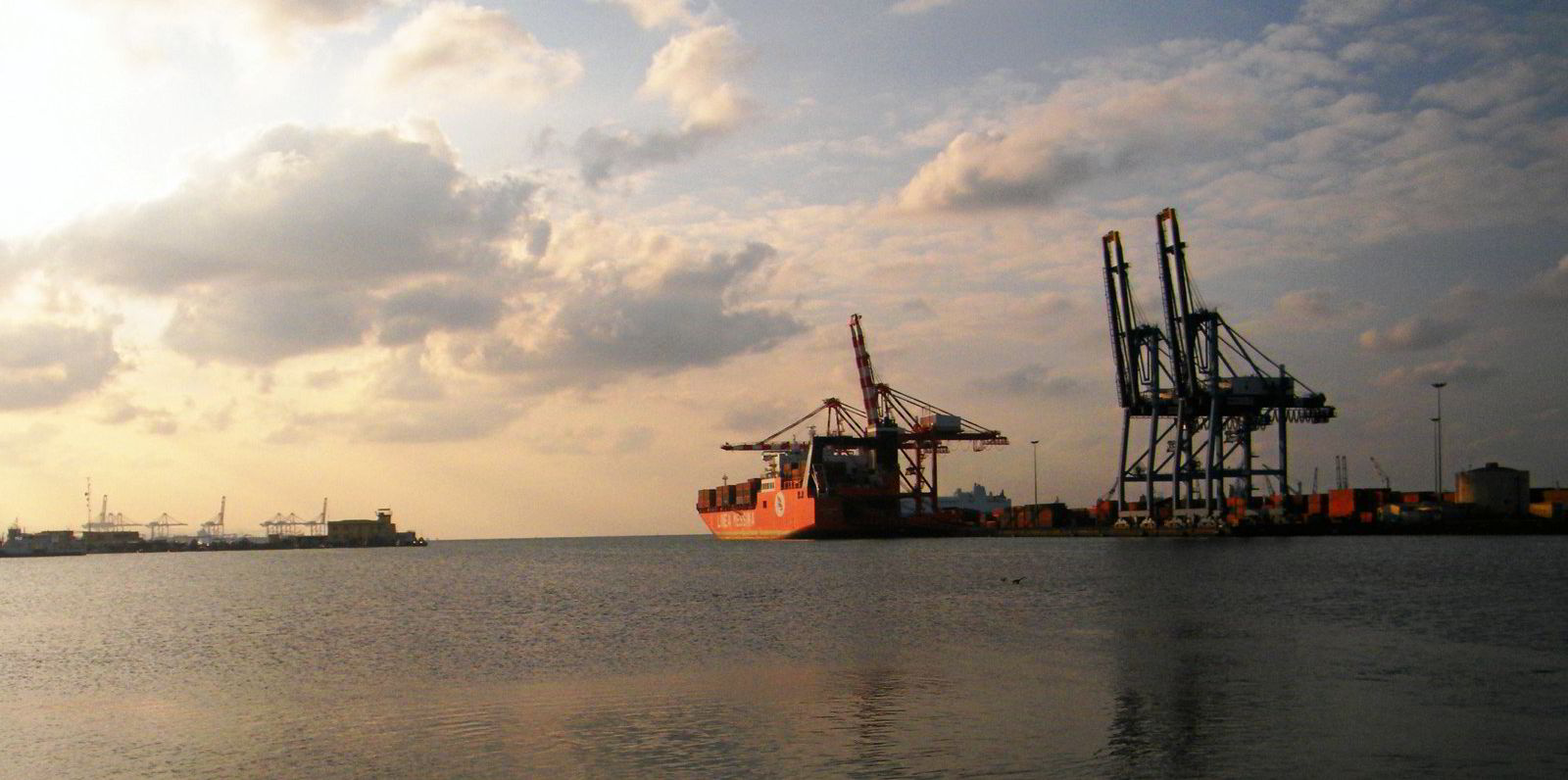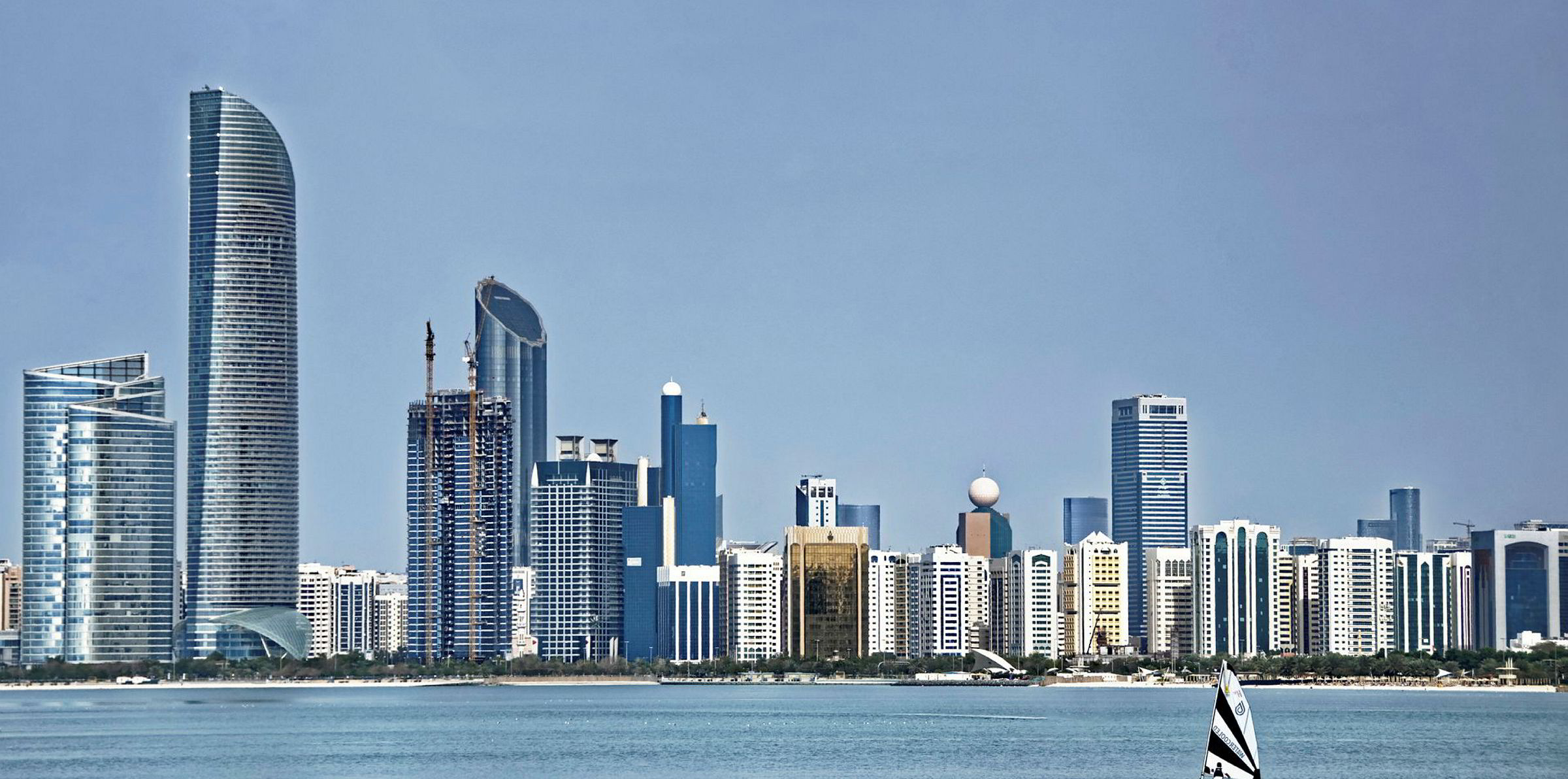The fate of seafarers aboard a VLGC that was abandoned at one of Iran's sanctions-hit petroleum hubs in April remains unknown.
A lone Azerbaijani and 21 Ukrainian seafarers aboard the 78,500-cbm Sea Gloria (built 1993) — suspected of having a history of carrying LPG from Iran — sought help that month after going unpaid for a third month running.
Flag state Panama and the International Transport Workers’ Federation (ITF) intervened, managing to help recover $450,000 in owed salaries and repatriate nine seafarers.
However, since then, there has been no information on the well-being of the remaining seafarers, the union federation’s inspectorate coordinator Steve Trowsdale told TradeWinds.
Their situation is not unique, the number of abandonment cases rose sharply last year. But their predicament does cast light on the particular risks seafarers face when working in sanctioned trades.
Analytics firms including Windward have alleged that the Sea Gloria was linked to Iranian shipments based on its routes in recent years.
Whether true or not, such suspicions and the vessel's opaque trading history could be a hurdle to crew payments, lawyers told TradeWinds. They also go some way to explaining the dearth of information about the crew's plight.
The vessel had previously been trading in Kuwait Oil Tanker Co’s fleet as the Gas Al Mutlaa before such links emerged.
TradeWinds reported the Kuwaiti owner sold the LPG carrier to Panama-registered Marathon Shipping & Maritime for $8m in mid-2018.
In November 2018, the US reimposed sanctions on Iran’s energy and financial sectors, among other industries, over a nuclear programme.
IHS Maritime data shows the vessel has seen changes several time in ownership and management over the past two years.
Cosco Shipping Tanker (Dalian) Seaman & Ship Management was listed as the ship’s ISM manager between September 2018 and October 2019, and Cosco Shipping Tanker (Dalian) as commercial manager from August 2019 through January 2020.
The US Office of Foreign Assets Control (Ofac) blacklisted the two Chinese state-backed companies in September 2019 for allegedly transporting Iranian cargoes.
Cosco Shipping Tanker (Dalian) Seaman has remained on the sanctions list, while Cosco Dalian was delisted in January 2020.
The Sea Gloria itself has not been sanctioned, and nor has its current registered owner, Shepar Maritime.
Legal implications
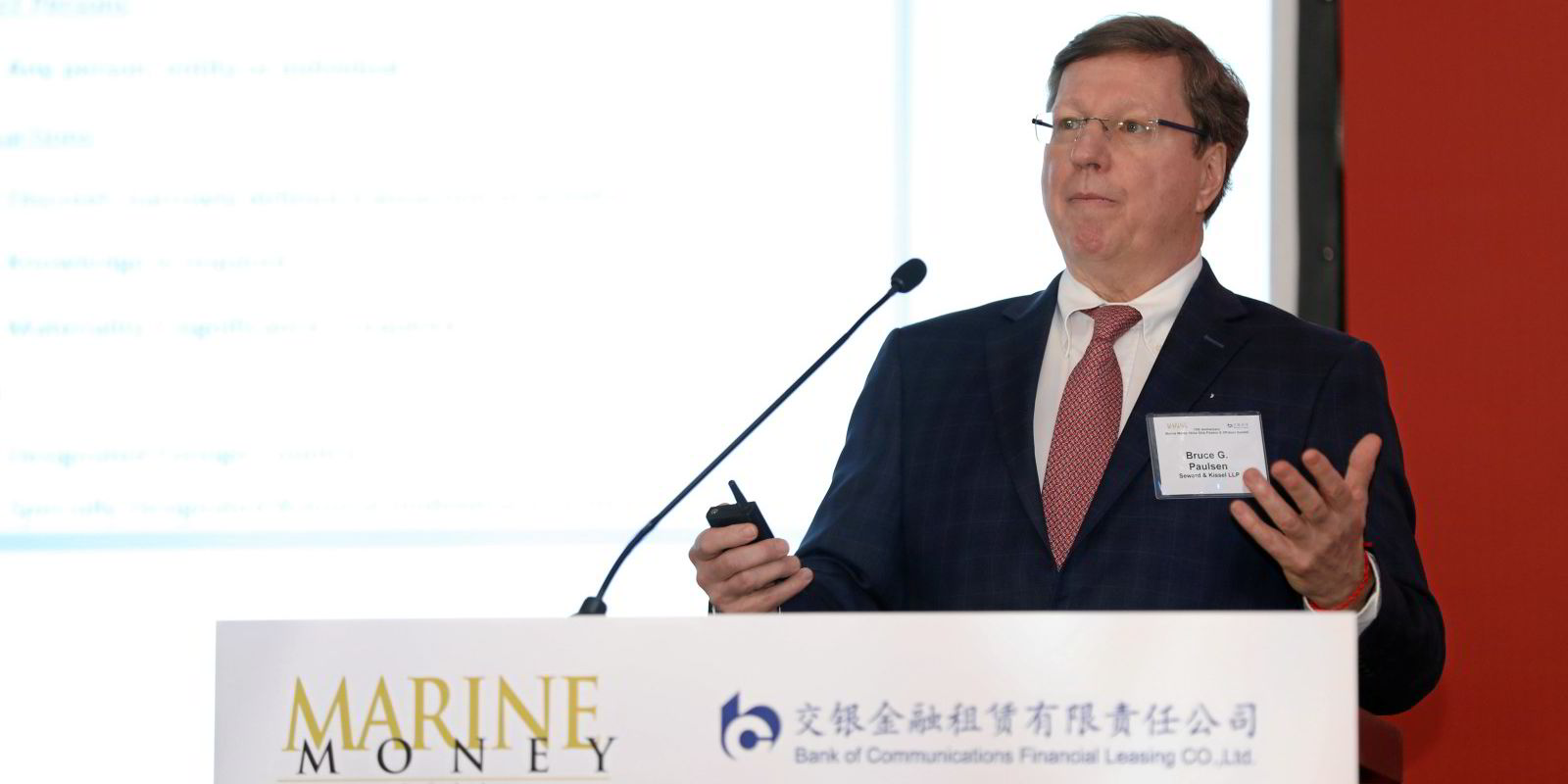
In the past, Washington has sanctioned several captains involved in Iranian trade but opted not to target seafarers.
Jonathan Epstein, a partner at law firm Holland & Knight, suggested any individual crew’s contribution to cargo operations in Iran is unlikely to be “significant” or “material” enough to meet the threshold for imposition of sanctions.
“The crew members may have some low level of sanction risks working on a ship trading with Iran,” Seward & Kissel partner Bruce Paulsen said. “But I think it’s not likely that they are going to be sanctioned.”
Non-governmental organisations assisting the stranded seafarers in Iran can also expect to be free from the ire of US authorities on humanitarian grounds, according to legal experts.
But Epstein said financial institutions could be hesitant to facilitate wage transactions in US dollars, especially for American banks.
“I could see banks having concerns regarding such payments,” he said. “I suspect the Ofac would take the position that a US bank cannot process US-dollar wage transactions for a mariner for payment for wages while engaged in sanctionable trade.”
The Sea Gloria is just one of 35 crew-abandonment cases recorded so far this year in the joint database of the International Maritime Organization and International Labour Organization.
According to the two United Nations agencies, the number of reported cases rose to 85 last year, up from 40 in 2019.
The ITF's Trowsdale stressed that the actual number of desertion incidents is likely much higher as the database only records the cases reported by seafarers or their unions.
Tip of the iceberg
“We believe the real number of seafarers abandoned and being owed wages is much, much higher," he said. "This is just the tip of the iceberg."
Trowsdale admitted the pandemic has proved “genuinely” difficult for some shipowners.
The ITF has observed that some owners had trouble paying for more expensive repatriation flights to get seafarers home amid tight immigration controls.
But financial challenges faced by companies are no reason to suspend wage payments or disregard seafarers’ human rights, Trowsdale said.
The Maritime Labour Convention has required shipowners in signatory countries to have insurance to provide compensation to abandoned seafarers. The IMO’s legal committee plans to develop further guidelines for flag states and port state control by the end of 2022.
